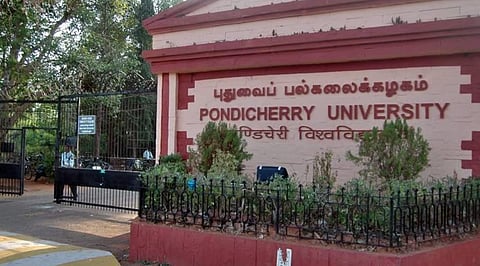

A research team led by Prof Elumalai from the Department of Green Energy Technology, Pondicherry University, has secured three patents from the Controller of Patents, Government of India, for innovations in sustainable energy storage.
The patents focus on electrode materials and design fabrication for lithium-ion and lithium-air batteries, as well as hybrid energy devices.
One notable patent involves converting e-waste, specifically spent dry cell bobbins, into high-energy LiMn2O4 cathodes for lithium-air batteries. This material demonstrates superior energy density compared to conventional lithium-ion batteries. The patent was jointly granted to Pondicherry University and the Central Power Research Institute (CPRI), stated a report by The New Indian Express.
Additionally, the team developed a carbon electrode from spent walnut shells, transforming it into an alternative anode material for lithium-ion batteries and supercapacitors.
Prof Elumalai’s group is known for advancements in high-capacity, high-energy electrode materials for various battery types, including lithium-ion, sodium-ion, lithium-sulphur, and metal-air batteries, as well as supercapacitors.
The team expressed gratitude to funding agencies such as the Department of Science & Technology (DST) and the Science and Engineering Research Board (SERB), while Pondicherry University’s Acting Vice-Chancellor, Prof Tharanikkarasu, praised their contributions to energy storage innovation, stated The New Indian Express report.
The three granted patents include:
A Lithium-Air Electrochemical Cell from Dry Cell Bobbins (Patent No 552979)
Sustainable Electrodes for Hybrid Energy Storage and Lithium-Ion Batteries (Patent No 553106)
Carbon Electrode from Spent Walnut Shell for Supercapacitors and Lithium-Ion Batteries (Patent No 201941038646)
